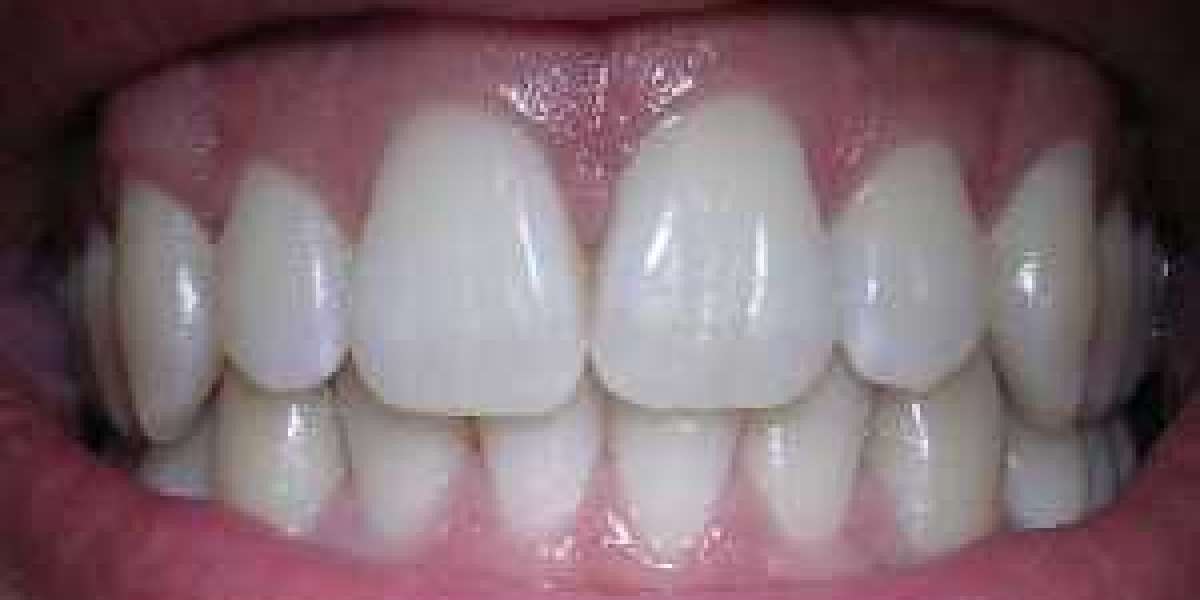Maintaining optimal oral health is essential for overall well-being, and a key component of this is ensuring that your teeth and gums receive the necessary nutrients. Vitamins D3 and K2 have recently gained attention for their potential benefits in supporting teeth health. But how do these vitamins contribute to oral care? This article delves into the roles of D3 and K2 in dental health and explores whether they truly support teeth health.
Understanding Vitamins D3 and K2
What is Vitamin D3?
Vitamin D3, also known as cholecalciferol, is a fat-soluble vitamin that plays a crucial role in calcium absorption and bone health. It is produced in the skin when exposed to sunlight and can also be obtained from dietary sources such as fatty fish, egg yolks, and fortified foods.
What is Vitamin K2?
Vitamin K2, or menaquinone, is another fat-soluble vitamin that is important for blood clotting and bone metabolism. It is found in animal-based foods and fermented products like cheese, butter, and natto (fermented soybeans). K2 helps regulate calcium by directing it to the bones and teeth while preventing its accumulation in the arteries and soft tissues.
The Role of D3 and K2 in Teeth Health
How Does D3 Support Teeth Health?
Vitamin D3 is essential for maintaining healthy teeth because it facilitates the absorption of calcium and phosphorus from the diet. These minerals are critical for the formation and maintenance of tooth enamel, the protective outer layer of the teeth. Adequate levels of vitamin D3 ensure that calcium is effectively absorbed and utilized, reducing the risk of dental issues such as cavities and tooth decay.
Research has shown that individuals with vitamin D deficiency are more prone to dental problems, including periodontal disease and tooth loss. By promoting calcium absorption, vitamin D3 helps strengthen the teeth and supports overall oral health.
How Does K2 Support Teeth Health?
Vitamin K2 works synergistically with vitamin D3 to enhance dental health. While D3 aids in calcium absorption, K2 ensures that calcium is deposited in the right places—the bones and teeth—and not in the soft tissues or arteries. This is crucial for preventing conditions such as arterial calcification and osteoporosis.
In the context of oral health, K2 activates osteocalcin, a protein that binds calcium to the tooth matrix, thereby strengthening the teeth and preventing demineralization. This process helps maintain the integrity of the tooth structure and supports overall dental health.
The Synergistic Effect of D3 and K2
Why Are D3 and K2 More Effective Together?
The combination of vitamins D3 and K2 is particularly effective because they work together to ensure proper calcium metabolism. D3 increases calcium absorption, while K2 directs calcium to the teeth and bones, preventing its deposition in unwanted areas. This synergistic effect enhances the benefits of each vitamin and provides comprehensive support for teeth health.
For example, without adequate K2, increased calcium absorption from D3 could lead to calcium deposits in the arteries, increasing the risk of cardiovascular issues. Similarly, without sufficient D3, the body may not absorb enough calcium, even with adequate K2 levels. Thus, balancing both vitamins is essential for optimal dental and overall health.
Benefits of D3 and K2 for Oral Health
Prevention of Tooth Decay and Cavities
By promoting calcium absorption and proper deposition, D3 and K2 help strengthen tooth enamel, making it more resistant to decay and cavities. Strong enamel acts as a barrier against harmful bacteria and acids that can erode the teeth.
Support for Gum Health
Both vitamins play a role in maintaining healthy gums. D3 has anti-inflammatory properties that help reduce the risk of gum disease, while K2 supports the structural integrity of the gums and teeth by ensuring proper calcium utilization.
Reduced Risk of Periodontal Disease
Periodontal disease, a severe gum infection, can lead to tooth loss if untreated. Adequate levels of D3 and K2 can help prevent this condition by strengthening the teeth and gums and reducing inflammation.
How to Ensure Adequate Intake of D3 and K2
Dietary Sources
To support teeth health, incorporate foods rich in vitamins D3 and K2 into your diet. Good sources of D3 include fatty fish (salmon, mackerel), egg yolks, and fortified foods (milk, cereals). For K2, focus on consuming animal-based products like cheese, butter, and fermented foods such as natto.
Supplements
If dietary intake is insufficient, consider taking supplements. Vitamin D3 supplements are widely available, and K2 can be found in the form of menaquinone-4 (MK-4) or menaquinone-7 (MK-7). Consult with a healthcare professional to determine the appropriate dosage and ensure that supplementation is necessary for your specific needs.
Sun Exposure
Adequate sun exposure is a natural way to boost vitamin D3 levels. Aim for 10-30 minutes of sunlight exposure several times a week, depending on your skin type and geographic location. However, balance sun exposure with the risk of skin damage and consider other sources if necessary.
Potential Risks and Considerations
Overdose and Imbalance
While vitamins D3 and K2 are essential for health, excessive intake can lead to imbalances and adverse effects. High levels of D3 can cause hypercalcemia (excess calcium in the blood), leading to kidney stones and other complications. Similarly, excessive K2 intake may interfere with blood clotting. Always follow recommended dosages and consult with a healthcare professional before starting any new supplements.
Individual Health Conditions
Certain health conditions, such as kidney disease or blood clotting disorders, may affect how your body processes these vitamins. Individuals with such conditions should seek medical advice before increasing their intake of D3 and K2.
Conclusion
Does D3 and K2 support teeth health? The evidence suggests that these vitamins play a crucial role in maintaining strong, healthy teeth by facilitating calcium absorption and proper deposition. Together, they offer a powerful synergy that enhances dental health and prevents common oral issues. To reap the benefits, ensure a balanced intake through diet, supplements, and lifestyle choices, always keeping in mind the importance of moderation and professional guidance. By understanding the impact of D3 and K2 on teeth health, you can take proactive steps to support your oral care and overall well-being. Visit Trending Hub24 to get more information.














